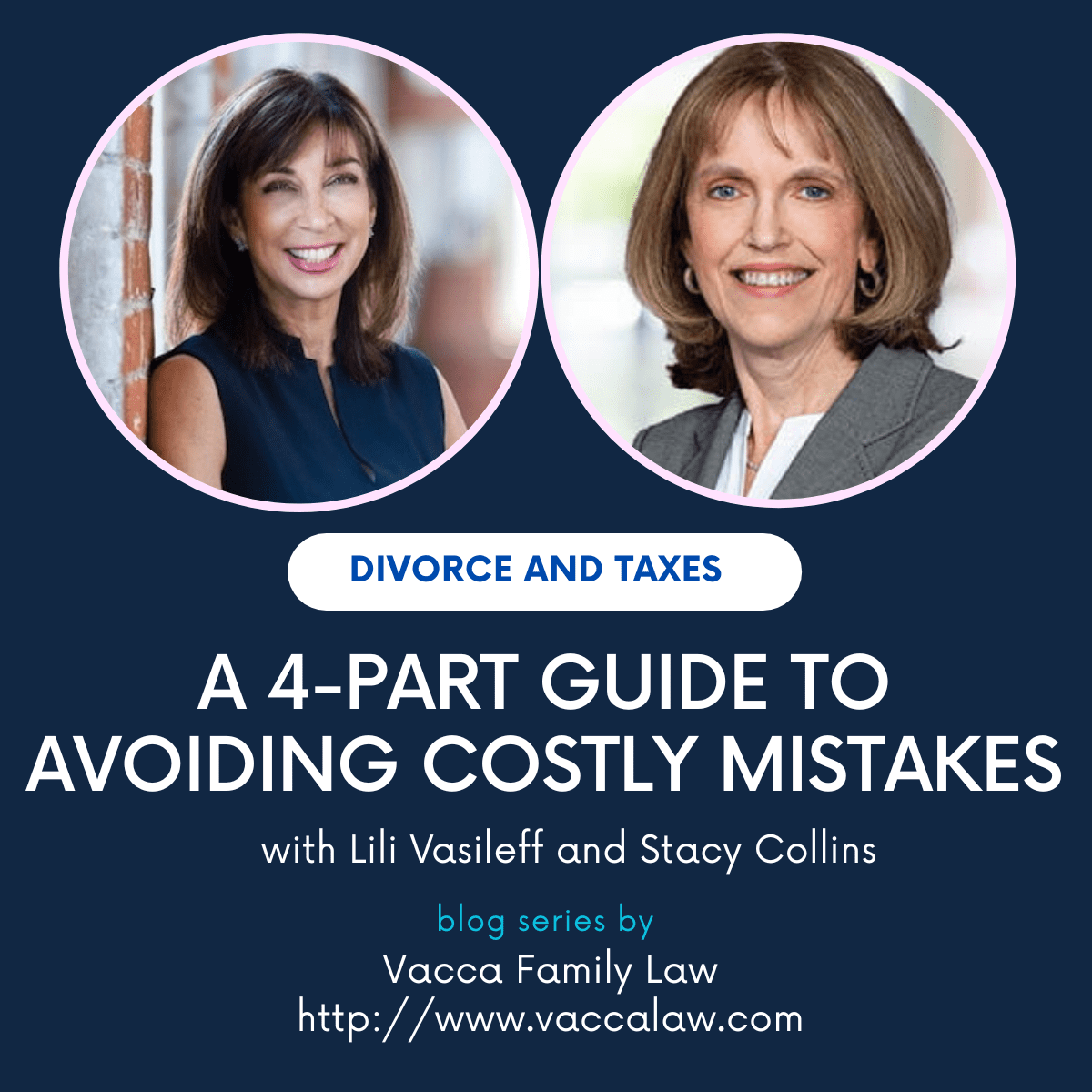Written by Lili Vasileff, CFP, MAFF™, CDFA
It doesn’t matter if you are single and beginning a relationship, if you are in a long-term relationship, or if you are negotiating the breakup of a marriage–people often overlook the warning signals for the ways in which they might be taken advantage of financially.
Even a trusted person can become a trust violator at any point during a marriage or relationship. Some people start lying and cheating right away, while others don’t show their true colors until years or decades into a relationship. When it comes to finances, things can get even trickier, and serious money miscues can go completely overlooked.
The more red flags, the more likely there is something fishy going on about your or your family’s finances. The longer an individual has access to controlling and perpetrating financial infidelity or fraud, the easier it is to get away with it. The more time that passes, the more difficult it can be to access certain records or trace purchases. When it comes to money, time is not on your side.
Ignorance about money issues is not an acceptable excuse. You need to keep your eyes set on financial reality, do your homework, be proactive, take the lead on finances, and be strong minded.
What is Financial Infidelity?
So what does \”financial infidelity” even mean? Financial infidelity is not just about arguing over money; it is the secretive and purposeful act of spending money, holding secret accounts or stashes of money, borrowing money, or otherwise incurring debt unbeknownst to or against the will of one\’s spouse or significant other. Financial infidelity in a relationship may also include any financial decisions made unilaterally by a partner that may affect, burden, strain, or set back the financial planning of the relationship. Financial infidelity is about deception in a relationship.
Financial infidelity often starts small. Not every case involves millions of dollars or sexual infidelity or is necessarily severe. However, financial infidelity is usually a symptom of something much deeper. It may not be specific to financial issues. It might be a consequence of personality traits, low levels of consciousness, and power imbalances between the couple. The most common kinds of financial infidelity in a marriage include overspending and hidden spending, with data revealing that men tend to be the bigger spenders. Sometimes, it can be subtle and the offending person might not even realize they are doing anything wrong, but then they are easily tripped up by a default or notice of exceeding a credit card limit.
Financial infidelity is on the rise. A 2016 Harris poll from the National Endowment for Financial Education (NEFE) revealed that 42% of Americans admit to deceiving their spouses financially (hiding accounts, debts, or spending habits), which is up 33% from two years ago. 76% of respondents (also from the NEFE survey) said financial deception harmed or had a negative effect on their relationship.
What are the Risks of Financial Infidelity?
More than 70% of divorced couples in America cite money as the number one cause of their split. The monetary strain of financial infidelity usually leads to loss of intimacy and trust in the relationship. Significant financial decisions made without the knowledge of the other partner endangers the financial future of both people, and can lead to the undermining of the most fundamental parts of a healthy relationship: trust and communication.
How Can Financial Infidelity Lead to Divorce?
Is financial infidelity grounds for immediate divorce? Financial infidelity can feel much like domestic abuse. It is a behavior that will undoubtedly repeat itself and cause great harm. It has even been called the “new adultery.” However, it rarely constitutes legal grounds for a divorce, depending on the state’s divorce laws.
Common grounds for divorce include: 1. Desertion; 2. Adultery; 3. Mental cruelty; 4. Alcoholism; 5. Domestic violence; 6. Imprisonment. Proof is almost always required to justify any allegations. However, most states recognize a form of no-fault divorce. No-fault divorce can be granted on grounds such as irreconcilable differences, incompatibility, or after a period of separation, depending on the state.
What Are the Signs of Financial Infidelity?
- Excuses for irrational behavior around money, and suddenly being stingy or uncharacteristically generous.
- Secret shopping and spending.
- Doctoring documents such as forging, hiding, or making false copies.
- Moving or transferring assets, or lending money to children, trusts, or relatives.
- Only using cash, coupled with making unusual and repeated bank withdrawals.
- Changing passwords online, and changing where bills and statements are mailed to deny you access.
- Concealing details of any financial transaction.
How to Protect Yourself from Financial Infidelity
- Take the lead on budgeting, investing, saving, bookkeeping and spending.
- Take immediate action to protect assets and report any unusual activity, and lost or stolen data.
- Monitor all joint accounts as closely as possible, including online passwords, all transactions, and all transfers in and out of accounts. Get historic copies of all monthly statements as far back as you need to go.
- Pay off and block further usage of any unsecured joint debts (credit cards, HELOCs, etc.).
- Make sure all insurances are paid and up to date on auto, health, property, life, long-term care, etc. and companies notify you of late payments first.
- Make sure all beneficiary designations on financial accounts and assets are unchanged, unless by you.
- Take possession of certain assets during separation, especially assets you wish to be using, such as autos and furniture, and any assets your spouse could liquidate privately, such as collectibles, cash, jewelry, and bearer bonds.
- Do NOT file your income tax returns jointly if you are unsure about anything.
Financial infidelity is a sensitive and sometimes unforgivable occurrence that destroys relationships. There are few studies that show how, when, and if couples are successful in efforts to repair the damage caused by financial infidelity. Finding ways to rebuild and regain intimacy and trust may seem futile, but open communication is a good place to start the process. The best advice for most people is to be proactive and take the lead in managing not only your daily finances, but your long-term wealth! Be accountable to yourself and strive to thrive!
Ms. Vasileff is a fee only CFP, Master Analyst in Financial Forensics (MAFF™) specializing in Matrimonial Litigation, CDFA, and she is the President of Wealth Protection Management in Greenwich, CT. Please visit her online @ wealthprotectionmanagement.com. She is the author of three books: “Money & Divorce: The Essential Roadmap to Mastering Financial Decisions,” published by the American Bar Association, “The Ultimate Divorce Organizer, The Complete Interactive Guide to Achieving the Best Legal, Financial and Personal Divorce,” and “The Divorce Planner Checklist.” Her awards include the prestigious 2013 Pioneering Award for outstanding public advocacy and leadership in the field of divorce financial planning, the Women’s Choice Award as a highly recommended Financial Advisor by Women for Women; CEO Today 2018 Business Woman of the Year Award; Five Star Wealth Manager Award for the last 9 years, the Best Wealth Protection Manager 2019 – Northeast USA and Recognized Leader in Divorce Finance 2019 by Wealth & Money Management, and winner of the Marquis Who’s Who Albert Nelson Lifetime Achievement Award.



